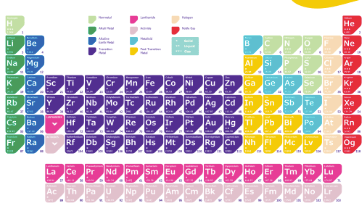Portrait:9yj3tlidt70= Henrietta Lacks

The life and legacy of Henrietta Lacks present a compelling intersection of scientific advancement and ethical considerations. Born into the complexities of the Jim Crow South, Lacks’ HeLa cells revolutionized medical research, yet their procurement raised significant questions regarding consent and patient rights. As we explore her story, we must confront the implications of her contributions not only to science but also to the ongoing dialogue surrounding ethical standards in research practices. What does Lacks’ experience reveal about our current frameworks for consent, and how does her legacy continue to shape ethical discourse in medicine today?
Early Life and Background
Henrietta Lacks emerged from humble beginnings in Roanoke, Virginia, in 1920, where her early life was shaped by the socio-economic challenges faced by African American families in the Jim Crow South.
Her family background, marked by poverty and resilience, influenced her childhood experiences, instilling both tenacity and a deep sense of community, elements that would later resonate throughout her extraordinary life journey.
See also: Portrait:9bilw5empms= Frederick Douglass
The Discovery of HeLa Cells
Although the medical community was unaware of the significant impact her cells would later have, the discovery of HeLa cells in the early 1950s marked a pivotal moment in biomedical research.
These immortal cells became instrumental in HeLa research, facilitating numerous scientific breakthroughs in areas such as cancer, virology, and genetics.
Ultimately, they transformed our understanding of human biology and advanced medical progress significantly.
Ethical Implications and Consent
The case of Henrietta Lacks raises profound ethical questions regarding informed consent and the treatment of individuals in medical research.
Her cells were used without permission, highlighting significant gaps in medical ethics.
This situation has prompted a reevaluation of consent protocols, emphasizing the importance of transparency and respect for patients’ autonomy.
Ultimately, it advocates for a more ethical approach to research that honors individual rights.
Henrietta Lacks’ Lasting Legacy
A remarkable legacy has emerged from the life and contributions of Henrietta Lacks, transcending the boundaries of science and ethics.
Her HeLa cells have led to significant scientific breakthroughs, enabling advancements in cancer research, vaccine development, and gene mapping.
Lacks’ medical contributions not only revolutionized scientific inquiry but also ignited important discussions on consent and ethics, ensuring her influence endures in both fields.
Conclusion
The story of Henrietta Lacks epitomizes the intersection of scientific advancement and ethical responsibility. HeLa cells, derived from Lacks without consent, have contributed to over 75,000 studies and revolutionized medical research. This statistic underscores the profound impact of her cells on science, while simultaneously highlighting the ethical dilemmas surrounding consent and autonomy. Lacks’ legacy serves as a poignant reminder of the need for ethical standards in research, ensuring respect for individuals whose contributions propel scientific progress.







